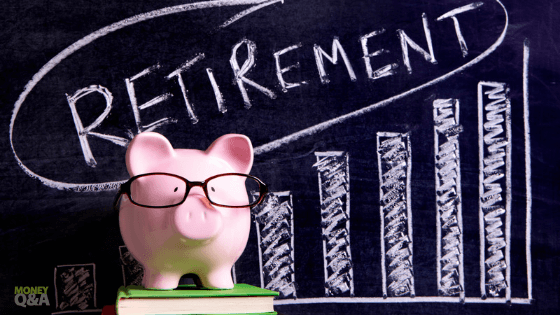
Planning for retirement can be a difficult process, especially considering your needs could change and develop over time. Figuring out how to plan for retirement can be a stressful process. It doesn’t need to be, though.
While it’s something you’ll need to spend time and effort on, it shouldn’t cause you as many headaches as you think it should. It could be more straightforward than you’d think, especially if you work with a financial planner.
There are more than a few steps to keep in mind when you plan for retirement.
How Much Should You Save For Retirement?
One of the largest questions people have about retirement is how much they’ll need to save for it. It’s what causes many people anxiety, as they’ll need to make sure their lifestyle is covered once they retire. Generally speaking, you should aim to replace 70% of your income with your retirement savings.
If you earn $100,000 a year before retiring, you should aim to have $70,000 in retirement savings. You’ll also need to keep the length of your retirement in mind, which can be impossible to predict, as it varies from person to person.
You should determine when you’d like to retire and then add 20 or 30 years to this. While this might seem like an overestimation, it’s best to have more money tucked away than not having enough. That way, you can rest assured your expenses will be covered throughout your retirement.
With that in mind, it’s time to figure out how to plan for retirement.
How To Plan For Retirement Without The Stress: 3 Top Strategies
1. Stay On Top Of Estate Planning
Estate planning is one of the more vital parts of planning for retirement, with there being more than a few aspects involved in this. Life insurance, wills, and more will be large parts of this, and you should need the help of professionals to carry out much of this.
Planning for retirement doesn’t always mean taking care of yourself. You’ll also need to think of your loved ones in case you pass. Getting life insurance for when you pass, for example, will make sure your family is financially stable after you’re gone.
The earlier you start looking after this, the better. Your loved ones will be grateful.
2. Determine Spending Needs
You’ll need to have an estimate of how much you’ll spend during your retirement. Once you do, you can start planning around it. Many people find that their retirement spending amounts to between 70% and 80% of their spending when they work. It’s worth taking that as a rule of thumb when you’re planning.
As the cost of living is rising every year, however, it may be worth putting a little extra aside to cover your expenses. You’ll also need to keep in mind that, when you’re retired, you’ll have much more time on your hands, which could mean engaging in more activities.
That may mean spending more money on things. Have a realistic estimate of how much you’ll spend every month and base your retirement planning around this. It’ll let you figure out roughly how much you’ll need every month.
3. Understand Your Time Horizon
How much time you have to plan for retirement affects how you should go about it. It’ll be a lot easier to start putting money away for it in your 20s than it will be in your 50s, for example. As such, they’ll need different strategies. The timeframe makes a significant difference in this.
The longer you have, the better, with ‘long’ being anything more than ten years. By taking as long an approach as possible, you’re in a much better position to plan for retirement. The older you are when you start planning for retirement, the more active you should be in your financial planning.
You’ll need to put more effort into making sure you’re putting enough money away for your retirement. That could also mean spending more on your retirement savings in the short term to ensure you’ll be taken care of.
While figuring out how to plan for retirement can seem like a complicated process, it doesn’t need to be. Keeping a few steps in mind will help you more than you’d think. Though you’ll need to put time and effort into this, it’ll reap dividends once you retire.
Naturally, the earlier you start with this, the better. What’s stopping you from making sure you’re taken care of when you’re retired?
